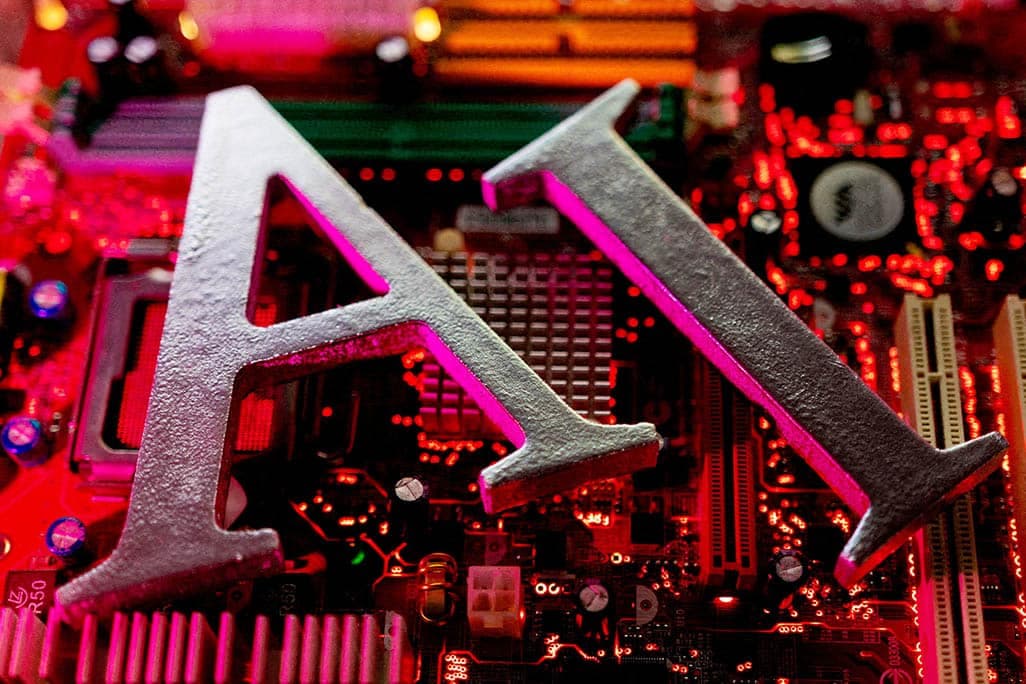Spain’s council of ministers has approved a new law that could impose fines of up to €35 million on AI companies that fail to label their content correctly. This legislation aims to reduce the spread of “deepfakes.”
The draft law categorizes improper labeling of AI-generated content as a serious offense, which could result in fines ranging from €7.5 million to €35 million or between 2% and 7% of a company’s global revenue. Smaller businesses may face lighter penalties.

According to Oscar Lopez, Spain’s digital transformation minister, the law is intended to ensure that artificial intelligence contributes positively to society. He emphasized that the focus should be on beneficial uses of AI, such as in medical research or improving city traffic, rather than spreading false information.
This new law aligns with guidelines from the EU AI Act, which sets strict transparency requirements for high-risk AI systems, as stated by Lopez. However, it still needs to be approved by Spain’s Congress of Deputies before becoming law.
Additionally, the draft legislation prohibits certain practices, such as using subliminal techniques that manipulate people without their consent. An example given was a chatbot that targets users with gambling addictions to encourage them to gamble.
The bill also restricts AI companies from categorizing individuals based on sensitive traits like race, religion, or sexual orientation using their biometric data or social media activity. This measure aims to prevent discrimination and unfair profiling.
Companies that monitor employee attendance using biometric systems without human oversight could face fines of €500,000 to €7.5 million, or 1% to 2% of their annual global revenue. Furthermore, the Spanish government may temporarily ban an AI system if it causes a serious incident, such as a fatal accident.
Posts You May Like
